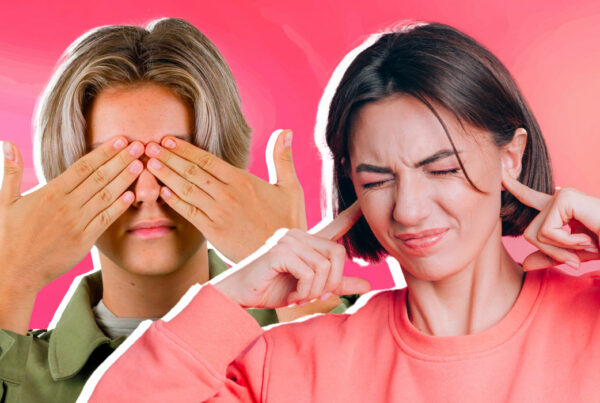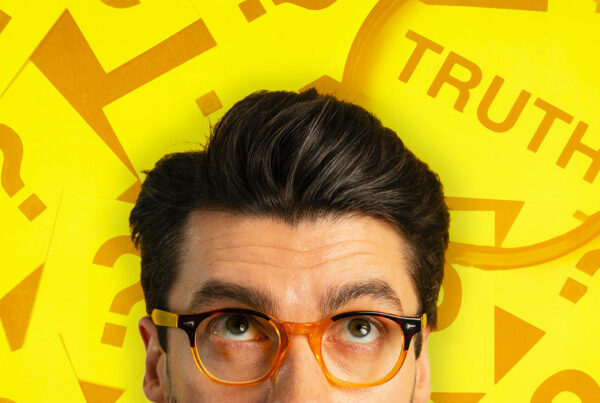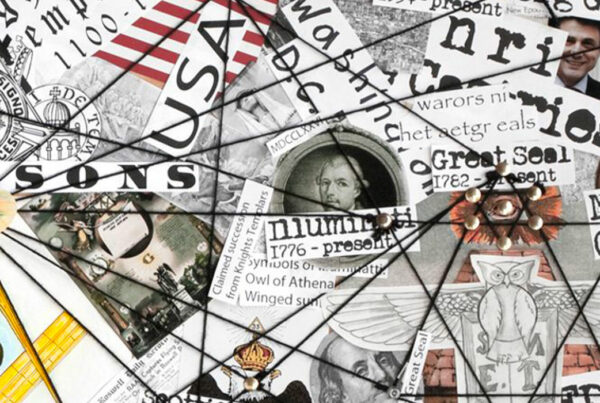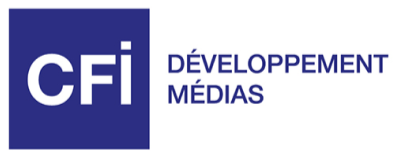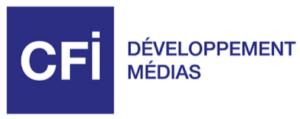Since we spend so much time online, the way we talk, debate, laugh (and sometimes argue) has changed significantly. On the internet, we can say what we think, share our opinions, and make connections… but we can also insult, harass, and mock others without restraint. This dynamic raises an important question: has the internet made us meaner, or has it simply brought to light tendencies that already existed in society?
1- Behind the screen, nothing holds you back anymore?
One of the big differences with “real life” is that online, you can often remain anonymous. No need to show your face or your real name. As a result, some people feel free to say anything, even hurtful or shocking things, because they think they won’t face any consequences.
A study conducted by psychologist John Suler in 2004, titled “The Online Disinhibition Effect”, showed that online anonymity allows some people to loosen the social inhibitions that exist in face-to-face interactions. Without the immediate social pressure, users feel less responsible for their actions, which can lead to aggressive or even cruel behavior. The feeling of impunity, combined with the absence of immediate repercussions, indeed seems to exacerbate this less benevolent side of certain individuals.
2- Trolls, harassment, and online hate
Harassment, often referred to as cyberbullying, has intensified with the expansion of digital platforms. The ability to attack someone without risking physical confrontation or even social reprisals has facilitated the spread of hate speech and violent messages.
For example, trolls, who just want to annoy others or start arguments. Or cyberbullying, when a person is repeatedly insulted, humiliated, or threatened online.
This kind of violence can have real consequences: loss of confidence, stress, isolation, and even worse. These are not “just words on a screen”: they are attacks that affect real people.
3- Is the Internet the problem, or what we do with it?
Be careful, the Internet is not inherently evil. It has also been a tool for mobilization, solidarity, and creation. Social movements have emerged, causes have been brought to the attention of the general public, and communities have found a place to express themselves. In a sense, the Internet allows individuals to make voices heard that might otherwise have been silenced.
The problem, therefore, is not the web itself, but rather the way in which certain people use it.
4- So, what do we do?
Should platforms strengthen their controls and moderate content more actively? Should we favor an educational approach to remind each internet user of their responsibility in their online interactions?
Many voices are calling for stricter regulation of hate speech on the internet in order to combat the spread of hatred while preserving freedom of expression. Laws on defamation and online hate speech have been introduced in many countries, but enforcing these standards remains complex.
So, has the internet made us meaner? Not necessarily. Ultimately, the way we interact on the internet often reflects society as a whole, with its strengths and weaknesses, its progress and its excesses.

